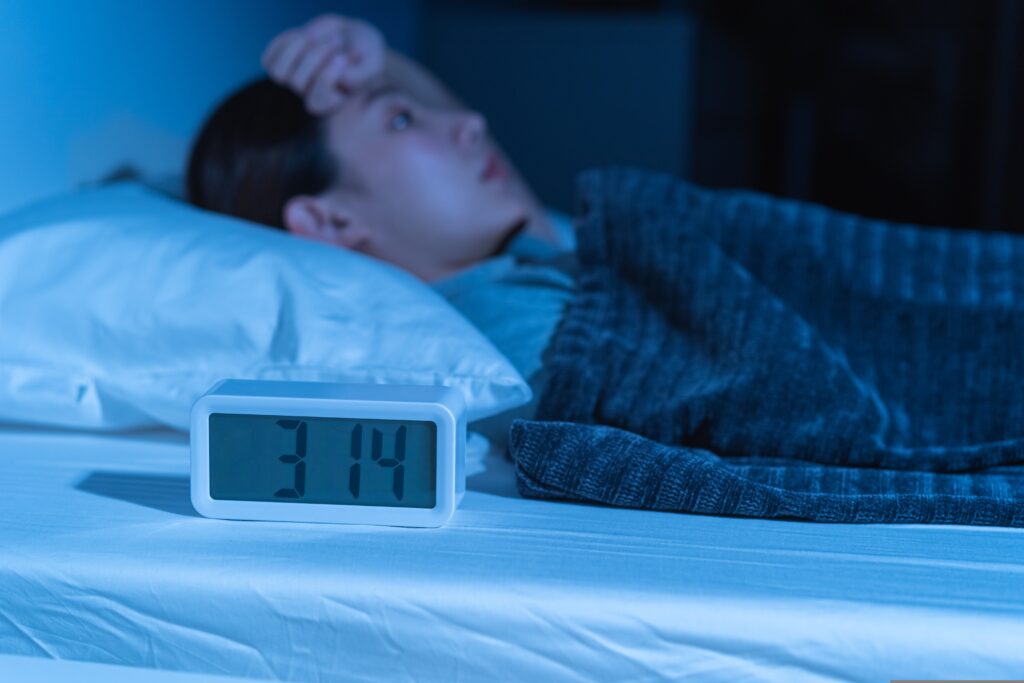
In today’s fast-paced world, stress is practically unavoidable. Whether it’s work-related pressure, financial worries, relationship concerns, or global uncertainty, many of us carry that stress straight to bed. Unfortunately, stress and sleep don’t mix well. The more stressed you feel, the harder it is to sleep and the less you sleep, the more stressed you become. It’s a vicious cycle that millions of people struggle with every night.
Understanding how stress affects your sleep and more importantly, how to break the cycle—is key to improving both your mental health and overall well-being.
When you’re under stress, your body goes into “fight or flight” mode. This is an evolutionary response that floods your system with stress hormones like cortisol and adrenaline. While this reaction is helpful in true danger, it’s far less useful when you’re simply worrying about a deadline or a conversation that didn’t go well.
These heightened stress hormones keep your brain alert and your body tense, making it difficult to fall asleep or stay asleep. You may experience racing thoughts, muscle tightness, a rapid heartbeat, or shallow breathing all of which make restful sleep nearly impossible.
Even if you do fall asleep, stress often leads to fragmented, poor-quality sleep. You may wake up frequently during the night, toss and turn, or rise in the morning feeling like you barely rested at all. Over time, this lack of restorative sleep further elevates your stress levels, impairing your mood, memory, immune function, and concentration.
The stress-sleep cycle isn’t just frustrating it’s harmful. Prolonged sleep deprivation increases the risk of developing serious health problems, including anxiety disorders, depression, cardiovascular disease, weight gain, and even weakened immune function.
Additionally, chronic stress can impact your behavior. You might turn to unhealthy coping mechanisms like overeating, excessive caffeine or alcohol intake, or late-night screen time, all of which can worsen sleep quality even more.
One of the most effective ways to break the stress-sleep cycle is by creating a consistent nighttime routine that signals to your brain it’s time to relax. This can include gentle activities like reading, stretching, journaling, or taking a warm bath. Keep lights dim and avoid stimulating conversations or work-related tasks close to bedtime.
Both caffeine and alcohol can disrupt your sleep even if consumed hours before bed. Try to avoid caffeine after 2 PM and reduce alcohol intake in the evening. These substances may initially seem to help you unwind, but they ultimately interfere with your ability to get deep, restorative sleep.
Incorporating deep breathing, meditation, or progressive muscle relaxation before bed can significantly lower your stress levels and calm your nervous system. Apps like Calm or Headspace offer guided exercises specifically designed to help you fall asleep.
Your sleep environment plays a big role in how easily you drift off. Make your bedroom cool, dark, and quiet. Invest in comfortable bedding and consider white noise or blackout curtains if necessary. Leave your phone and laptop outside the room the blue light and mental stimulation they provide can keep your brain active long past bedtime.
If stress continues to affect your sleep, you might benefit from natural sleep supplements such as melatonin, magnesium, valerian root, or calming herbal blends. These can help your body transition into sleep more easily, especially during periods of heightened stress. Always consult a healthcare provider before starting any supplement routine.
Stress may be an inevitable part of life, but letting it hijack your sleep doesn’t have to be. By understanding the impact of stress on your sleep and implementing calming, healthy bedtime habits, you can begin to break the cycle. Over time, better sleep can actually help reduce your stress levels, improve your mood, and restore your body’s natural rhythm.
If stress-induced sleeplessness becomes chronic or begins to affect your daily functioning, it’s important to speak with a medical professional or sleep specialist. A personalized approach can make all the difference in helping you reclaim restful, restorative sleep no matter what life throws your way.


